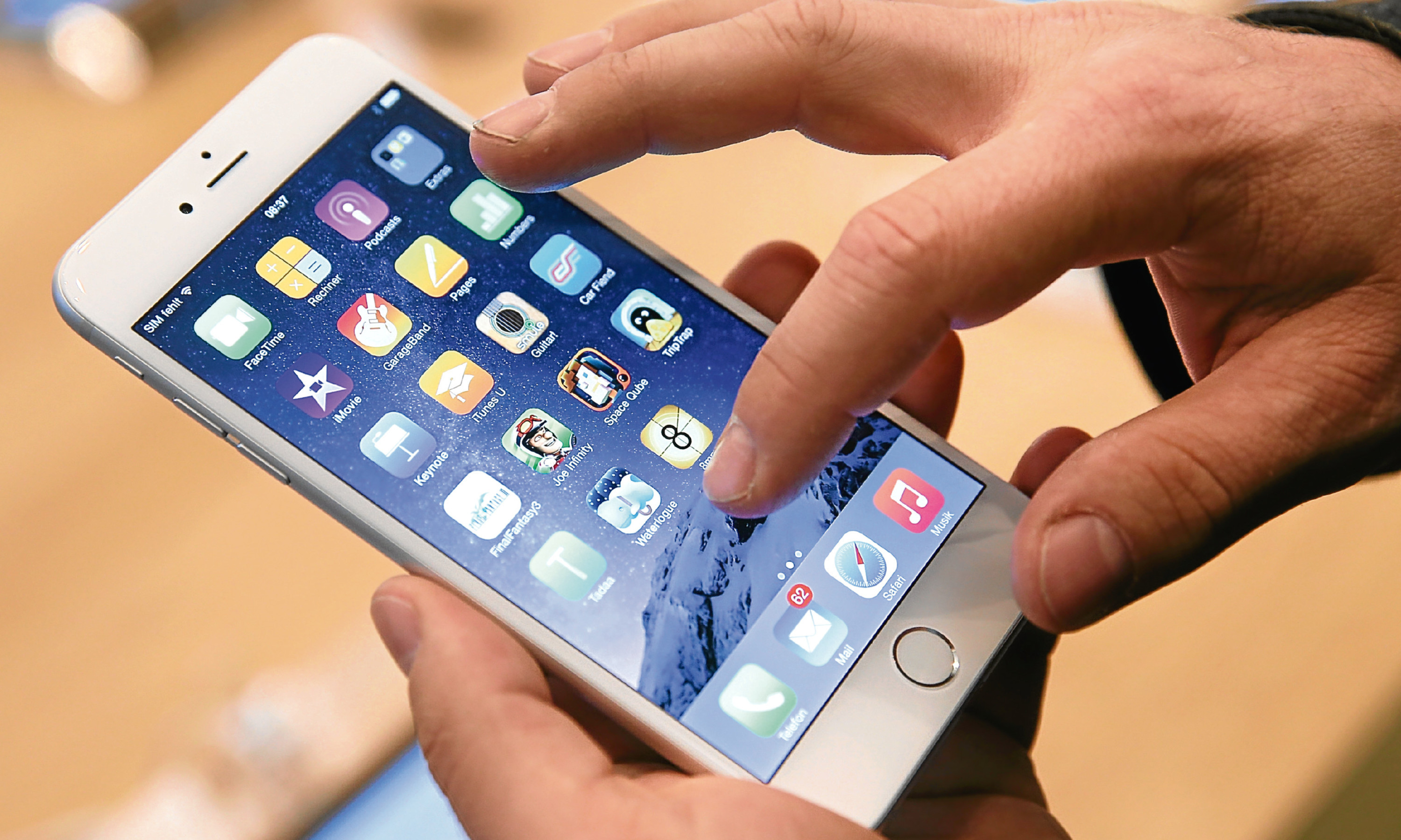A yacht is what you get when you have a lot of money – while a Yotta is just a lot.
A Yotta is the name for a quadrillion, a nice word for a number that is inconceivable – so many zeros (24) on the end as to be fantastical.
Numbers become meaningless when they get much beyond a lottery win.
This is why most of us glaze over when it comes to national economics – a million not only sounds like a billion or even a trillion but is an amount we will never know.
So when people say Apple owes Ireland 13 billion euros (£11bn) we know it is a lot but only in a vague sense.
This is a great pity – as billions are small fry in the global economy, which can easily afford to pay more for government services without snuffing out economic growth.
When Apple says it will not pay, we feel this might be fair – it sounds like an amount which could bankrupt a nation, let alone a company.
In fact, it is just a fraction of the firm’s wealth.
The respected German newspaper De Zeit looked at Apple’s tax affairs in 2015, using available figures for the previous five years and focusing just on the EU market.
In that five-year period, 2010-2014, Europeans bought 117 million iPhones.
This is the crisis of our age – private companies bigger than many nations refusing to pay for the safe and secure society they depend on as a market for their goods.
Apple’s invention brought computing power to hand-held devices and pretty much invented the smartphone market.
On average, Apple makes a profit of 293 euros per iPhone sold in the EU.
Look again at your phone bill and realise that more than 50% is pure cash for the coffers of the company.
Between 2010 and 2014, after all costs, the tech giant made a profit of 34 billion euros.
That is just the iPhone in Europe and just for a five-year period.
The back-tax Apple is being asked to pay to Dublin represents around a third of the profit it makes in five years.
But don’t forget, the EU commission’s ruling on Apple and Ireland’s tax deal is not over five years but 25 years. The original deal was struck in 1991.
So in truth, Apple is being asked for around half a billion per annum (13 billion over 25 years). Also, it’s not like the company is to get similar bills from other EU nations – the commission’s argument rests on the fact that Apple ran all its EU business through Ireland.
The firm used its Irish base to hide money which rightly should have been collected in each EU member state.
Over the same time period – 25 years – the value of the Apple company rose from around £2bn to a staggering £500bn.
Compare that to the total wealth of Irish households (value of homes, savings and other assets) which in 2015 was estimated at around £300bn.
Which is to say, by some measure, Apple is richer than Ireland.
This would not be a problem if the company was paying for the schools and hospitals of the Republic – but it isn’t.
Apple does provide a public service – we all love iPhones – but at a huge mark-up.
Ireland provides a whole range of public services – schools, health, roads – but at a loss. It runs a debt of around £200bn.
Why do we tolerate a private company making a huge profit and a nation making a huge loss? It’s hard to tell but every country does it.
The UK also has a large debt – around £1.7 trillion – and it also likes to do soft tax deals with multinationals.
The same is to be found across the western world. Citizens – you and I – carry huge debt while private companies hide huge wealth.
To try to settle national debts by taxing private companies would be near impossible – but for nations to stop running at an annual loss is well within the realms of possibility.
In fact, it is quite easy.
Currently, the UK takes in around £700bn a year but it spends around £760bn.
The £60bn shortfall is borrowed, adding even further to our national debt.
Yet £60bn isn’t a lot – its about 8% of what we already collect.
It’s the difference between constantly having to cut services, run down schools, diminish the NHS and lengthen our working days before retirement – and not.
For the sake of raising our tax take by a measly 8%, we live in a sub-standard world.
The bosses at Apple not only have yachts but mansions, pensions and billions to spare.
It does not cross the mind of tech businessmen to run at a loss, or live below their means, yet we do and we do so to boost the profits of Apple, or Starbucks, or Google, or Amazon.
This is the crisis of our age – private companies bigger than many nations refusing to pay for the safe and secure society they depend on as a market for their goods.
When we ignore big numbers, we ignore the harm we do ourselves. Tax avoidance undermines nations. It must stop.
